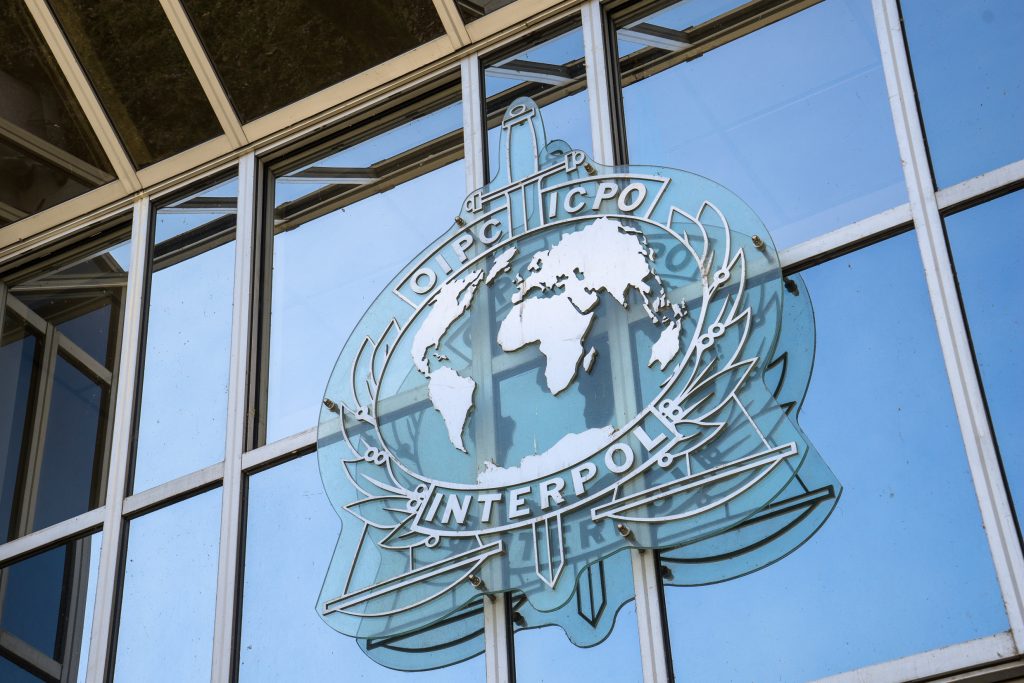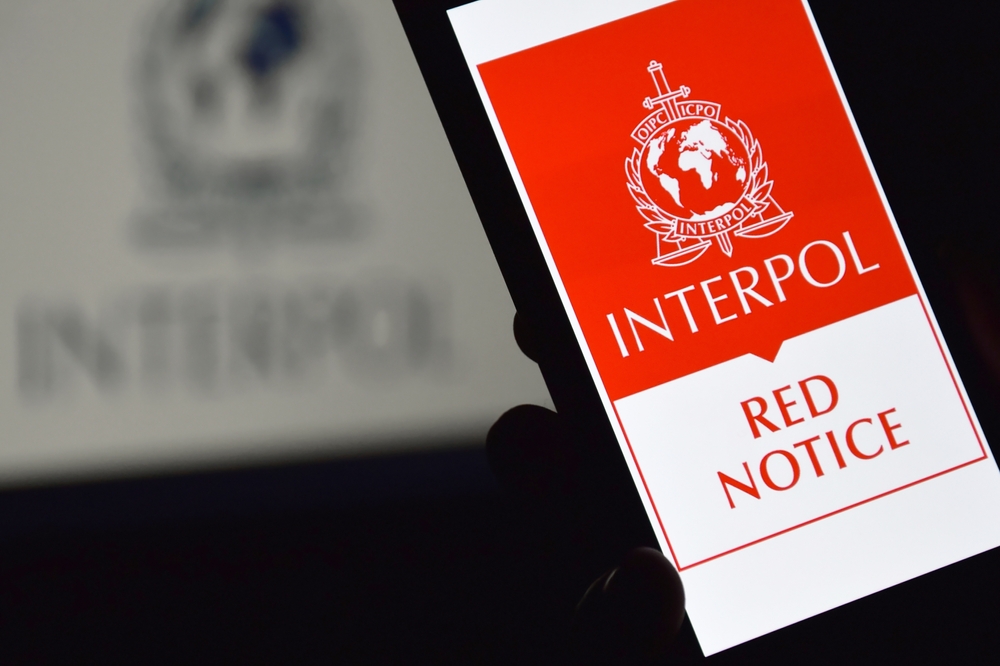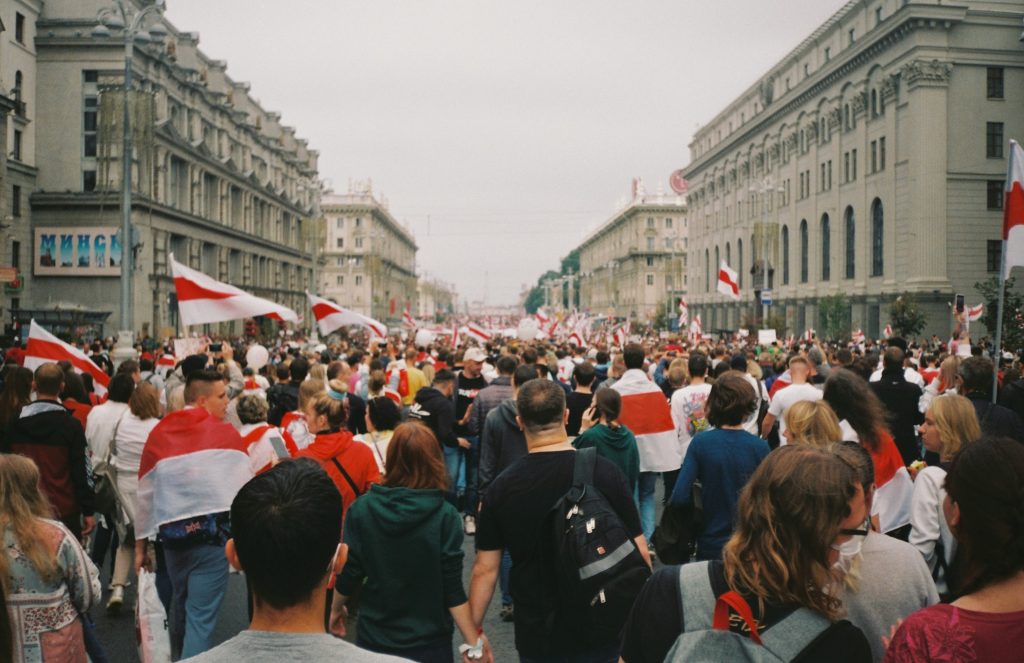As November approaches, we here at RNM monitor are gearing up for Interpol’s 92nd General Assembly in Glasgow. This year’s assembly stands as a critical moment for the organisation, offering a chance to address some of the pressing and challenging issues which Interpol faces.
The General Assembly, Interpol’s main governing body, brings together delegates from all 196 member countries. It serves as the forum where major decisions affecting general policy, resources, working methods, finances, activities and programmes are hammered out. This year’s assembly comes at a key moment for the organisation, presenting an opportunity to address significant challenges and consider reform
Interpol se encuentra en una encrucijada, sometida a una presión cada vez mayor para hacer frente a una letanía de retos. El principal de ellos, como hemos escrito about on many occasions, is reform to the Red Notice system. The organisation also faces the delicate task of balancing robust international policing with steadfast human rights protection – a tension that has become increasingly apparent in recent years. This balancing act is not a zero-sum game, instead it demands the developing of mechanisms that allow for law enforcement while upholding human rights principles. The challenge extends beyond procedural tweaks, calling for a cultural shift within Interpol and its member states.
La asamblea también verá the formal appointment of Brazil’s Valdecy Urquiza as Interpol’s new Secretary General. Urquiza, brings a perspective that blends developing world experience with international law enforcement expertise. His appointment presents both opportunities and challenges. There will be keen interest in how he addresses Interpol’s human rights challenges, given Brazil’s own complex history in this area. Encouragingly, Urquiza has emphasised Interpol’s role as a “technical platform” that should remain free from political influence, aligning with calls for stronger safeguards against system abuse.
Entre las áreas clave que probablemente se aborden figuran el refuerzo de la investigación de las notificaciones rojas, la mejora de la transparencia y los avances tecnológicos. El éxito de cualquier reforma dependerá en gran medida del compromiso activo de los países miembros, en particular de los principales financiadores, como la UE, Estados Unidos, Canadá y el Reino Unido. Estos países tienen el peso político y económico necesario para impulsar cambios significativos en la organización.
The decisions made in Glasgow will have far-reaching implications for global law enforcement and individual rights. The international community will be watching closely, hoping for substantive reforms that address current weaknesses while preserving Interpol’s crucial role in combating transnational crime.
The 92nd General Assembly represents more than just an annual meeting; it’s an opportunity for Interpol to reaffirm its commitment to justice, human rights and effective international policing in an increasingly complex world. As the delegates convene in Glasgow, the question remains: will Interpol rise to the challenge?
Si necesita asesoramiento jurídico de abogados especializados en difusiones rojas de Interpol sobre cualquier asunto relacionado con Interpol, póngase en contacto con nosotros aquí. Puede leer más sobre nosotros, aquí.
—
Image: ©Shutterstock



